Home>Furniture>Outdoor Furniture>What Will Keep Wasps Away From My Patio
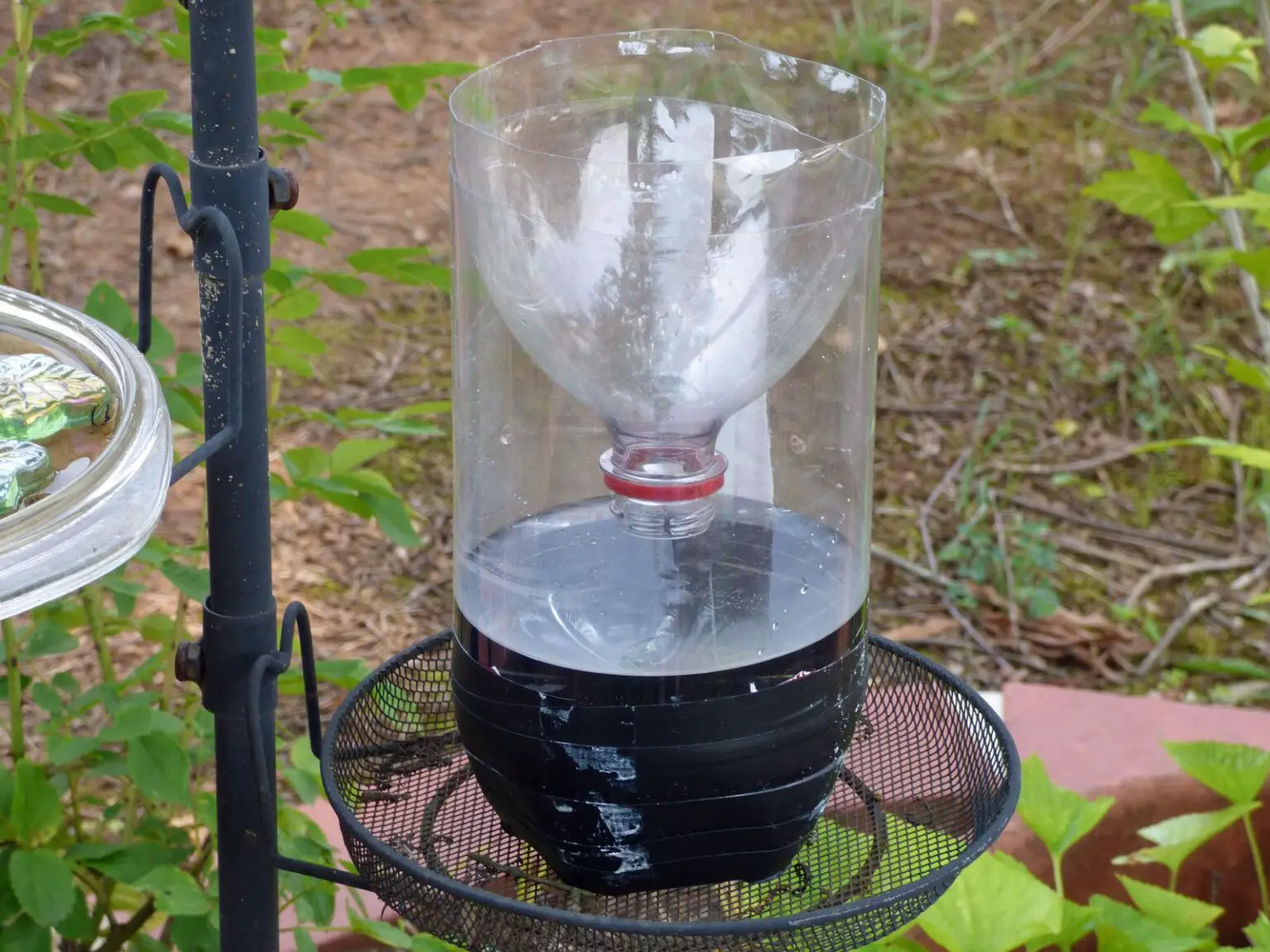

Outdoor Furniture
What Will Keep Wasps Away From My Patio
Modified: March 7, 2024
Looking for ways to keep wasps away from your patio? Discover effective methods and tips to protect your outdoor furniture and enjoy a wasp-free outdoor experience.
(Many of the links in this article redirect to a specific reviewed product. Your purchase of these products through affiliate links helps to generate commission for Storables.com, at no extra cost. Learn more)
Introduction
Welcome to your outdoor oasis, where you can relax and enjoy the beauty of nature. But what if your serene patio is being invaded by pesky wasps? These winged insects can quickly turn a peaceful outdoor experience into a buzzing nightmare. If you’re wondering how to keep wasps away from your patio, you’ve come to the right place. In this article, we will explore the world of wasps, understand what attracts them to your patio, and discuss effective methods to keep them at bay.
Wasps are social insects that belong to the order Hymenoptera, which also includes bees and ants. While they may share a similar appearance with bees, wasps have a slimmer body, a pointed abdomen, and a more aggressive temperament. There are various types of wasps, including yellow jackets, paper wasps, and hornets. Each species has its own unique characteristics and behaviors.
Understanding the habits and behavior of wasps is key to managing their presence in your outdoor space. Wasps are attracted to food sources such as sweet liquids, fruits, sugary drinks, and even meat. They are also drawn to areas where they can build their nests, such as eaves, roof corners, or any other sheltered areas. Additionally, water availability is crucial for wasps, so they might be attracted to puddles, birdbaths, or dripping water sources.
Now that we know what attracts wasps to your patio, let’s explore natural ways to keep them away. By implementing these methods, you can enjoy your outdoor furniture without unwanted wasp visitors. Stay tuned for the following sections where we will delve into different strategies, including the use of repellent herbs and oils, creating decoy nests, and maintaining a clean patio environment.
Key Takeaways:
- Natural methods like planting wasp-repelling herbs and using essential oils can keep wasps away from your patio without harmful chemicals.
- Installing screens, hanging wasp traps, and using umbrellas can create physical barriers to deter wasps and make your outdoor space more enjoyable.
Read more: How To Keep Wasps Away From A Swimming Pool
Understanding Wasps
Before we dive into effective ways to keep wasps away from your patio, it’s important to have a basic understanding of these insects. There are various types of wasps that you may encounter, each with its own distinct characteristics and behavior.
1. Yellow Jackets: Yellow jackets are commonly found wasps known for their yellow and black striped bodies. They are social insects that live in colonies, which can consist of thousands of individuals. Yellow jackets are often attracted to sweet foods and can be quite aggressive when their nests are disturbed.
2. Paper Wasps: Paper wasps got their name from the papery texture of their nests, which they construct by chewing wood and mixing it with saliva. They have slender bodies with long legs and can vary in color, ranging from yellow to brown. Paper wasps are not as aggressive as yellow jackets but can sting if they feel threatened.
3. Hornets: Hornets are a type of wasp known for their large size and powerful sting. They are typically black or brown and have distinct markings on their bodies. Hornets are social insects, living in colonies similar to yellow jackets. While they are generally less aggressive than yellow jackets, they can deliver a painful sting if provoked.
4. Solitary Wasps: Unlike social wasps, solitary wasps live alone and do not form colonies. They construct small nests in various locations, including holes in the ground or crevices in walls. Solitary wasps are beneficial insects as they prey on other insects, but they may sting if they perceive a threat.
Now that we have an idea of the different types of wasps, let’s explore their behavior and habits. Wasps are generally active during the warmer months when they search for food and build their nests. They are attracted to sweet liquids and foods, such as ripe fruits, sugary drinks, and even open garbage cans. Additionally, wasps are territorial and will defend their nests if they feel threatened. This can result in painful stings, especially when dealing with social wasp species like yellow jackets and hornets.
Understanding the behavior and habits of wasps can help you implement effective strategies to keep them away from your patio. In the following sections, we will discuss methods that will deter wasps by targeting their preferences and nesting habits. By employing these techniques, you can create a wasp-free environment where you can enjoy your outdoor furniture with peace of mind.
Factors Attracting Wasps to Your Patio
When it comes to keeping wasps away from your patio, it’s important to understand the factors that attract them in the first place. By addressing these factors, you can effectively deter wasps and create an environment that is less appealing to them.
1. Food sources:
Wasps are attracted to a variety of food sources, including sweet liquids, ripe fruits, and even meat. They have a keen sense of smell and can detect these food sources from a distance. If your patio has exposed food or drink containers, such as soda cans or fruit bowls, it can attract wasps. To discourage wasps, always cover food and drinks and promptly clean any spills or remnants.
2. Nesting sites:
Wasps look for suitable locations to build their nests, especially during the warmer months. Areas such as eaves, roof corners, trees, or any other sheltered spaces can become attractive nesting sites. If your patio has untreated wooden surfaces or is surrounded by foliage, it may provide ideal nesting opportunities for wasps. Regularly inspect your patio for potential nesting spots and take necessary measures to disrupt or remove them to discourage wasps from settling in.
3. Water availability:
Water is essential for wasps, especially during hot and dry periods. They need water for hydration and to moisten the materials used in nest construction. Sources of water such as puddles, leaking pipes, or birdbaths can attract wasps to your patio. Make sure to fix any leaks, keep birdbaths clean and well-maintained, and eliminate any standing water to reduce the appeal to wasps.
By addressing these factors that attract wasps to your patio, you can significantly reduce their presence. In the following sections, we will explore natural ways to keep wasps away, as well as physical barriers that can deter them. Implementing these methods will help you create a wasp-free and enjoyable outdoor space.
Natural Ways to Keep Wasps Away
If you’re looking for natural and eco-friendly methods to keep wasps away from your patio, there are several effective options to consider. By utilizing the power of nature, you can discourage wasps from invading your outdoor space without resorting to harmful chemicals or pesticides. Let’s explore these natural methods:
1. Planting wasp-repelling herbs:
There are certain herbs and plants that have natural repellent qualities against wasps. Planting these in your garden or near your patio can help deter them. Peppermint, spearmint, thyme, and citronella are known to repel wasps due to their strong scents. You can plant them in pots or create a small herb garden around your patio. Not only will they provide a natural deterrent, but they will also add beauty and fragrance to your outdoor area.
2. Using essential oils as repellents:
Essential oils have been used for centuries as natural repellents. Some essential oils, like peppermint, eucalyptus, and clove, have strong scents that can deter wasps. Mix a few drops of these oils with water and place them in a spray bottle. Spray this mixture around your patio, focusing on areas where wasps may be attracted, such as near food and beverage stations or potential nesting spots. Repeat the process regularly to maintain the repellent effect.
3. Creating decoy wasp nests:
Wasps are territorial creatures, and the presence of another wasp nest can deter them from building their own. You can create decoy wasp nests using paper bags or other materials that resemble wasp nests. Hang them in strategic locations around your patio, such as near potential nesting spots or entry points. Wasps will see the existing nest and perceive it as a threat, making them less likely to establish their own nest nearby.
4. Keeping your patio clean and free of food debris:
Food and sweet scents are a major attraction for wasps. Keeping your patio clean and clear of food debris will make it less appealing to these pests. Always cover food and drinks when not in use and promptly clean up any spills or food remnants. Ensure that your garbage cans have tight-fitting lids and are emptied regularly. By eliminating potential food sources, you reduce the chances of attracting wasps to your patio.
By implementing these natural methods, you can effectively deter wasps from your patio. However, if you continue to experience a significant wasp infestation or want to explore additional options, consider using physical barriers or seeking professional pest control services, which we will discuss in the following sections.
To keep wasps away from your patio, try planting mint, eucalyptus, or citronella plants, as the strong scents repel them. Additionally, keep food and drinks covered, and avoid wearing bright colors or floral patterns, as they attract wasps.
Physical Barriers to Deter Wasps
In addition to natural repellents, physical barriers can be effective in deterring wasps from accessing your patio. These barriers create obstacles and make it difficult for wasps to enter or build nests in your outdoor space. Here are some physical barrier options to consider:
1. Installing screens or netting:
One of the most effective physical barriers is to install screens or netting around your patio area. This prevents wasps from flying in and provides a barrier between them and you. Ensure that the mesh size is small enough to prevent even the smallest of wasps from entering. Install the screens or netting on doors, windows, and any other openings that could serve as entry points for wasps.
2. Hanging wasp traps:
Another way to physically deter wasps is by hanging wasp traps in strategic locations. These traps use sweet liquid baits to attract wasps, trapping them inside and preventing them from reaching your patio. You can purchase commercially available wasp traps or make your own using a plastic bottle, cutting a small hole near the top and filling it with a sugary liquid. Hang the traps away from your patio but near areas where wasps are commonly seen to divert their attention.
3. Using umbrellas or awnings:
Providing shade over your patio with umbrellas or awnings can serve as a physical barrier against wasps. These structures create a barrier between the wasps and the area you occupy, making it less likely for them to fly near you. Opt for light-colored umbrellas or awnings, as dark colors may attract wasps.
By utilizing these physical barriers, you can significantly reduce the presence of wasps in your outdoor space. It’s important to regularly inspect and maintain these barriers to ensure they remain effective. Keep in mind that physical barriers alone may not completely eliminate wasps, especially if there are nearby food sources or nesting sites. Therefore, it’s essential to combine physical barriers with other preventive measures discussed previously.
If you are facing a persistent and severe wasp problem, it may be necessary to seek professional pest control services or call an exterminator. Let’s explore these options in the next section.
Read more: What To Keep Birds Away From A Patio
Professional Pest Control Options
If your efforts to keep wasps away from your patio have not been successful or if you’re dealing with a severe infestation, it may be time to consider professional pest control options. These professionals have the knowledge, experience, and tools to effectively eliminate wasp nests and prevent future infestations. Here are two main professional pest control options to consider:
1. Calling an exterminator:
An exterminator is a licensed professional trained in handling various pest infestations, including wasps. They have access to specialized equipment and insecticides to safely and effectively eradicate wasp nests. When you call an exterminator, they will assess the situation, locate the nests, and apply appropriate treatments to eliminate the wasps. They may also provide recommendations on preventive measures to keep wasps away in the future.
2. Trained wasp control services:
Alternatively, you can opt for specialized wasp control services. These services are specifically focused on dealing with wasp infestations and have technicians who are trained in identifying wasp species, their nesting habits, and the most effective methods of control. They will conduct a thorough inspection of your property, locate and remove nests, and implement targeted treatments to control the wasp population. These professionals can also provide guidance on preventive measures to minimize the risk of future infestations.
When considering professional pest control options, it’s important to choose a reputable and licensed service provider. Check their credentials, read customer reviews, and inquire about their methods and products to ensure they align with your preferences and needs. Additionally, make sure to follow any instructions or recommendations given by the professionals to ensure the safety of yourself, your family, and the environment.
Remember that professional pest control services should be used as a last resort when other methods have failed or when the infestation poses a significant risk. For minor or moderate wasp problems, natural repellents, physical barriers, and regular maintenance should suffice.
By considering these professional pest control options, you can get rid of persistent wasp infestations and reclaim your patio as a wasp-free haven.
Conclusion
Keeping wasps away from your patio is essential for creating a comfortable and enjoyable outdoor environment. By understanding the behavior of wasps and addressing the factors that attract them, you can effectively deter these buzzing insects from invading your space.
We explored various natural methods, such as planting wasp-repelling herbs, using essential oils as repellents, creating decoy nests, and keeping your patio clean. These strategies harness the power of nature to discourage wasps from approaching your outdoor furniture and food areas. Implementing these natural remedies can help create a harmonious patio experience free from the annoyance and potential dangers of wasps.
In addition to natural methods, physical barriers such as screens or netting, hanging wasp traps, and using umbrellas or awnings can serve as effective deterrents. These physical barriers create obstacles that make it difficult for wasps to access your patio and discourage them from establishing nests in and around your outdoor space.
If your efforts prove ineffective or if you are dealing with a severe wasp infestation, professional pest control options are available. Calling an exterminator or opting for specialized wasp control services can provide comprehensive solutions to eliminate nests and prevent future infestations. It is important to choose reputable service providers to ensure the safety of yourself, your family, and the environment.
In conclusion, keeping wasps away from your patio requires a combination of prevention, natural remedies, physical barriers, and, if necessary, professional assistance. By being proactive and implementing these strategies, you can create a wasp-free zone where you can relax, entertain, and enjoy the beauty of your outdoor furniture without the buzzing interruption of wasps.
Remember, while wasps can be bothersome, they also play an important role in the ecosystem as pollinators and pest controllers. Always prioritize eco-friendly methods and strive for a balanced approach that minimizes harm to both you and the environment.
Frequently Asked Questions about What Will Keep Wasps Away From My Patio
Was this page helpful?
At Storables.com, we guarantee accurate and reliable information. Our content, validated by Expert Board Contributors, is crafted following stringent Editorial Policies. We're committed to providing you with well-researched, expert-backed insights for all your informational needs.
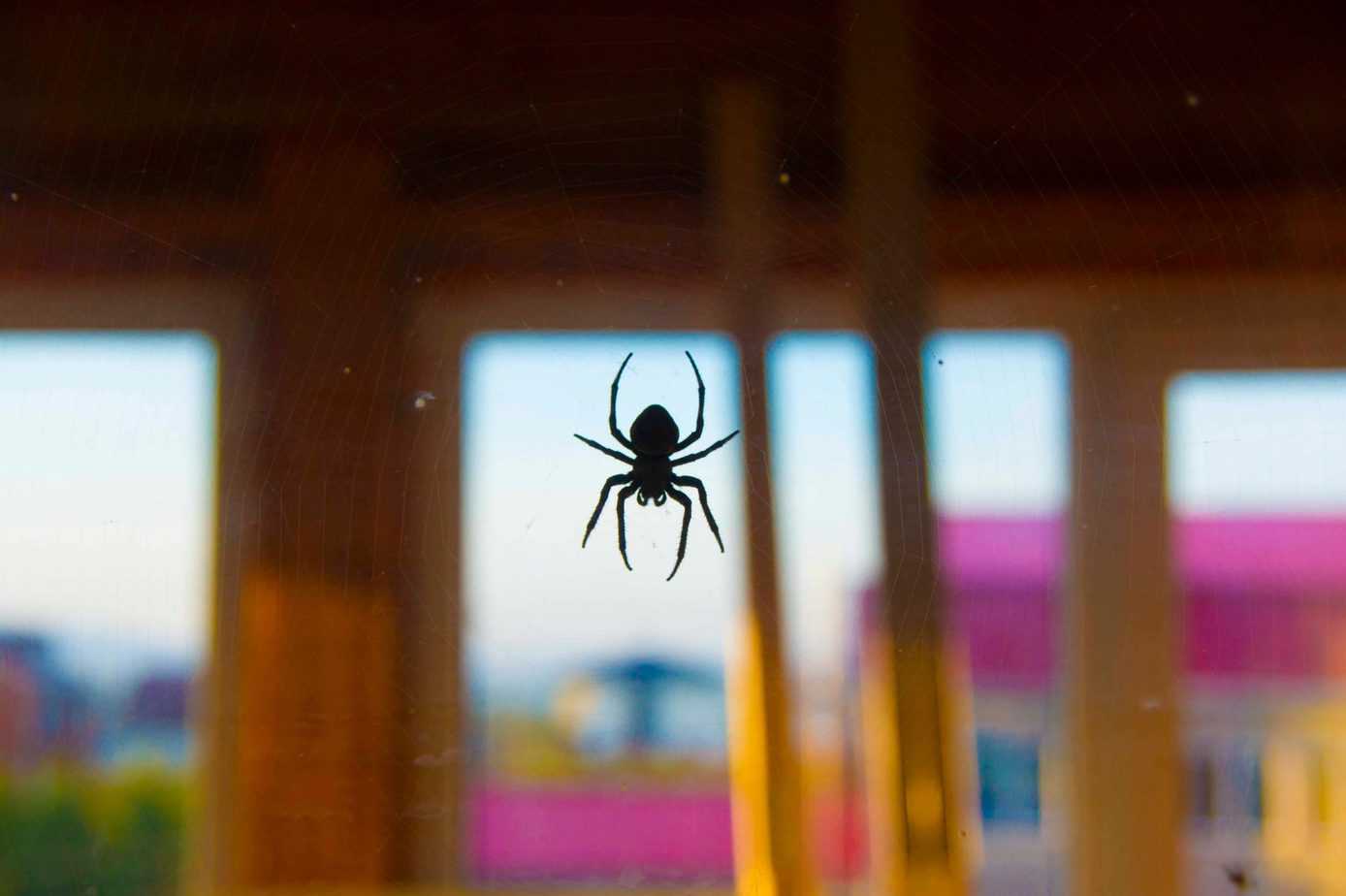
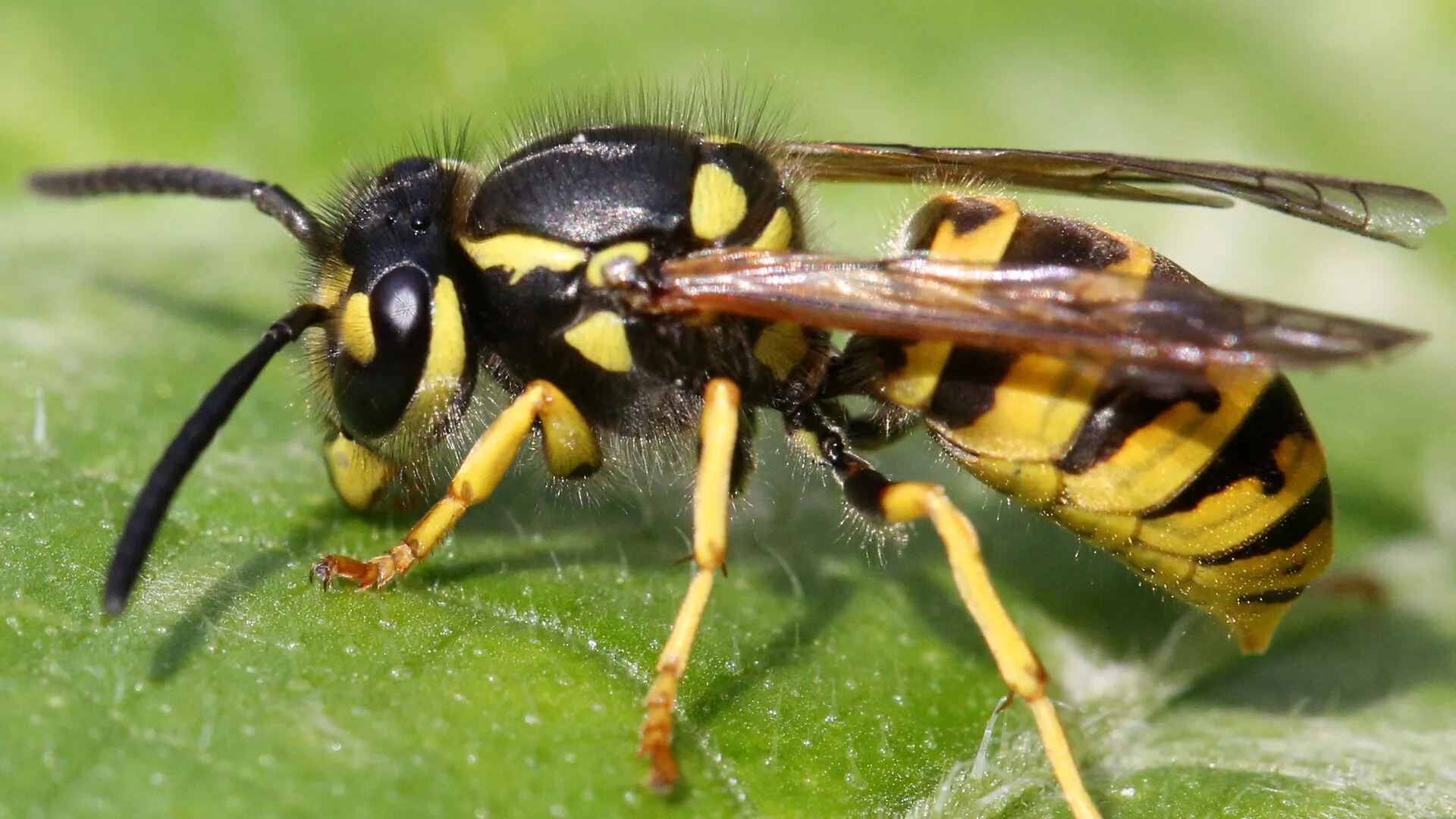

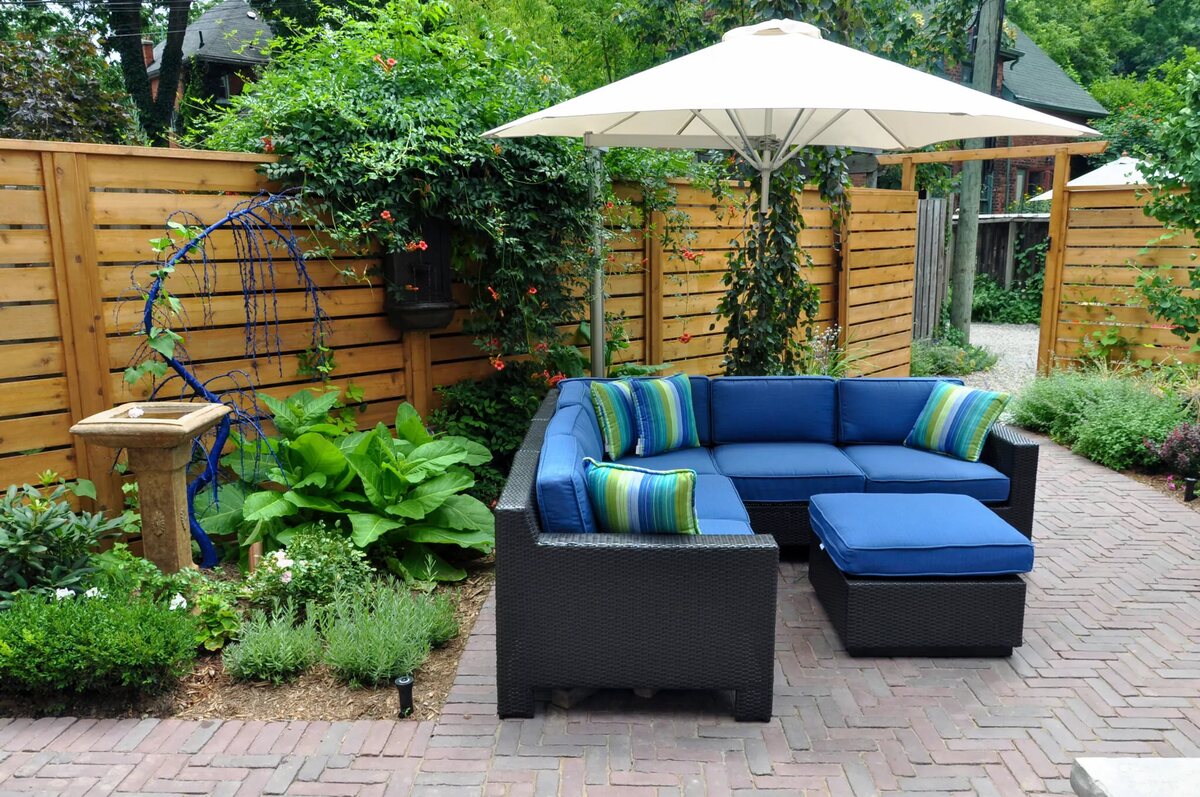
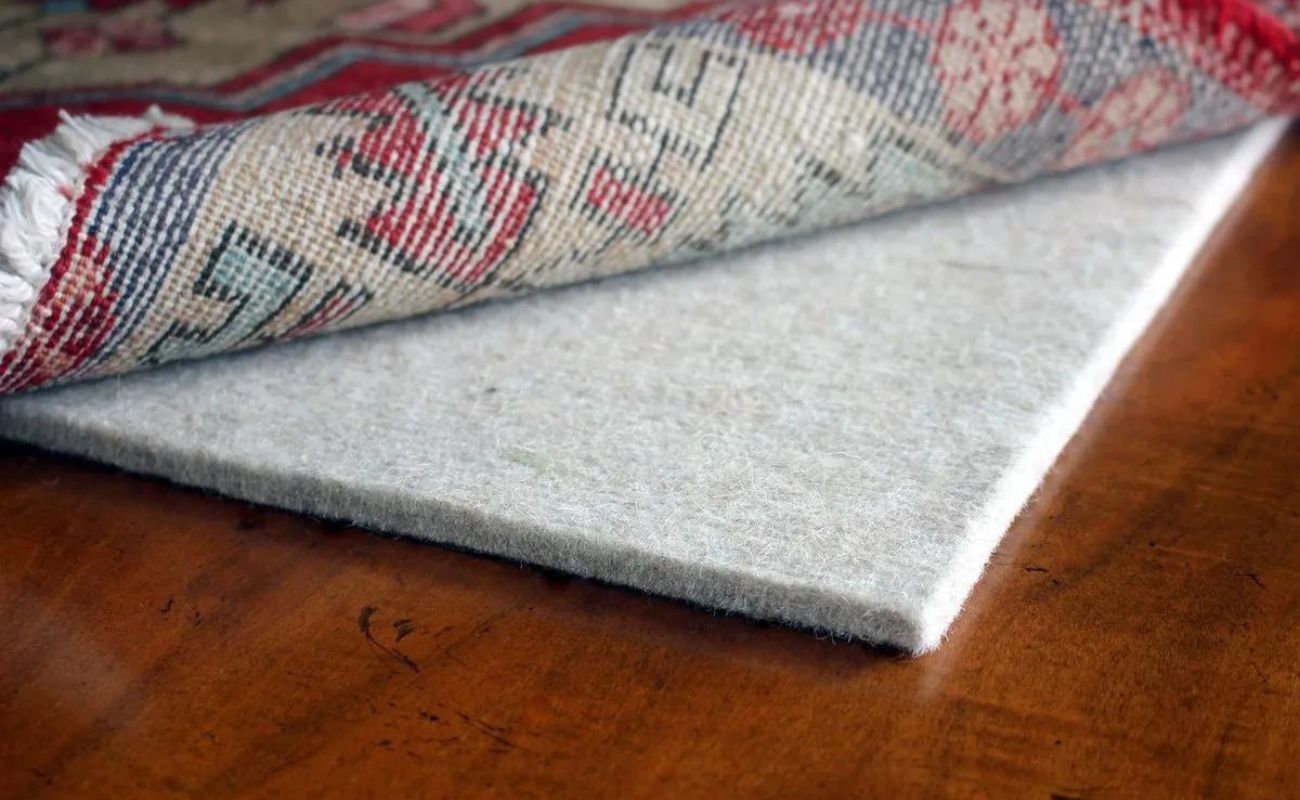
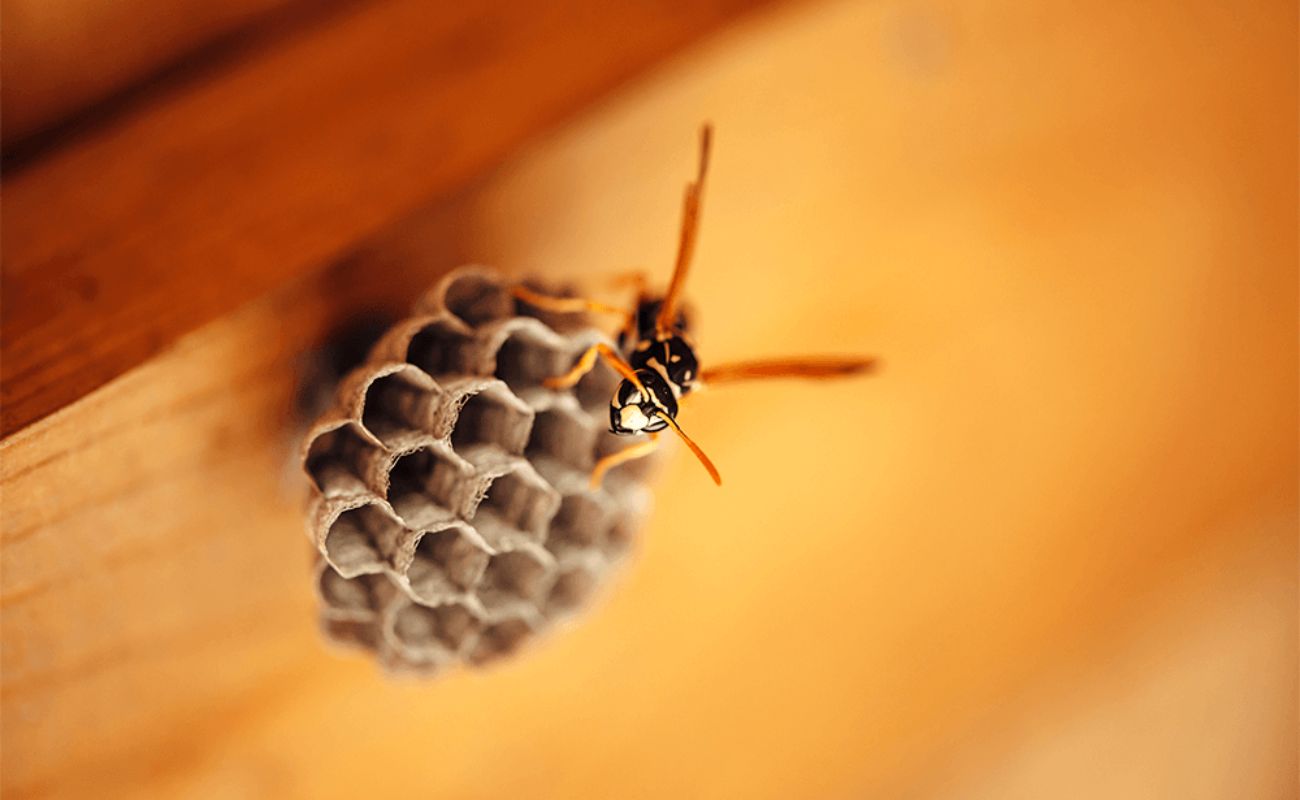
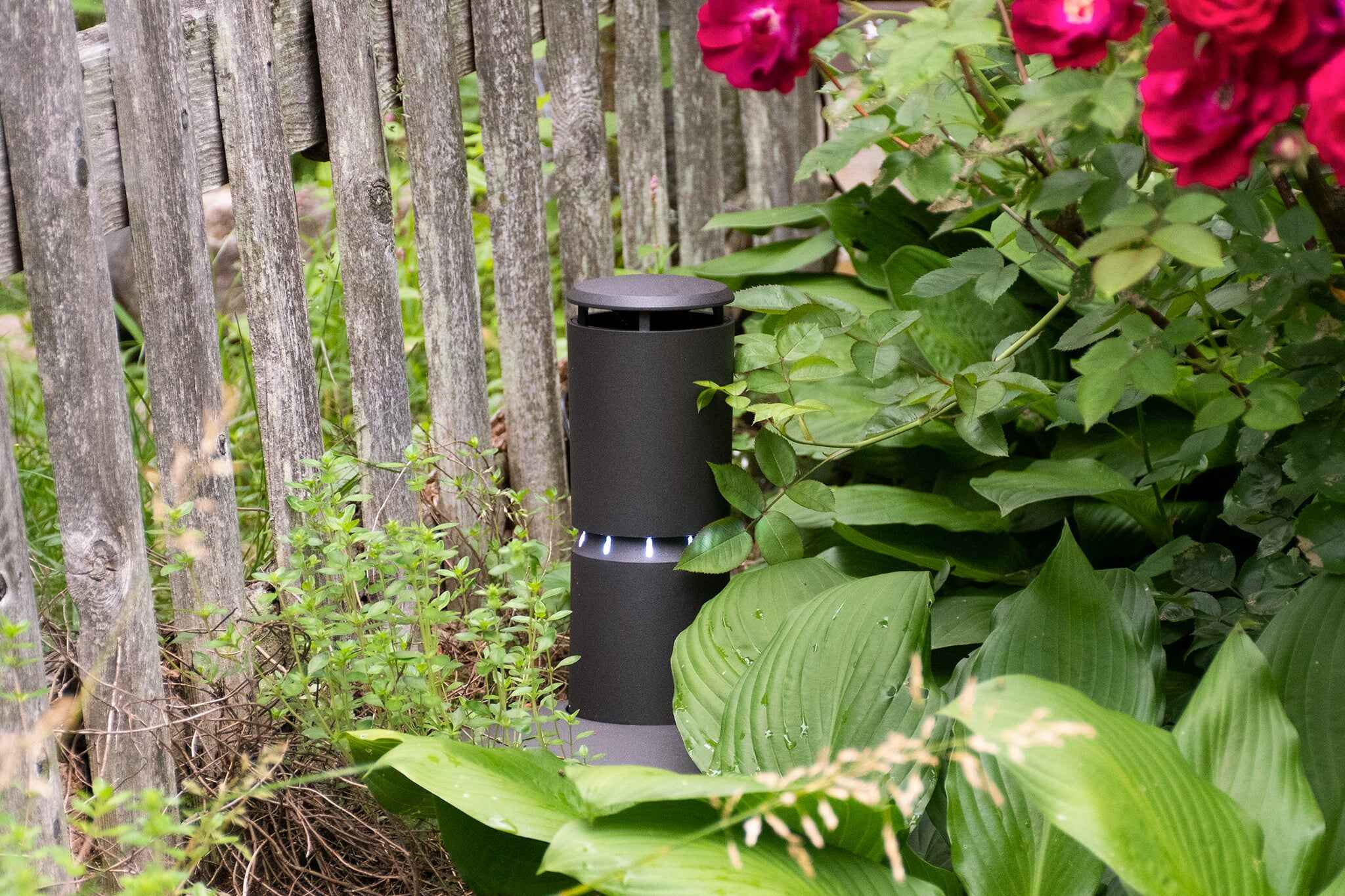
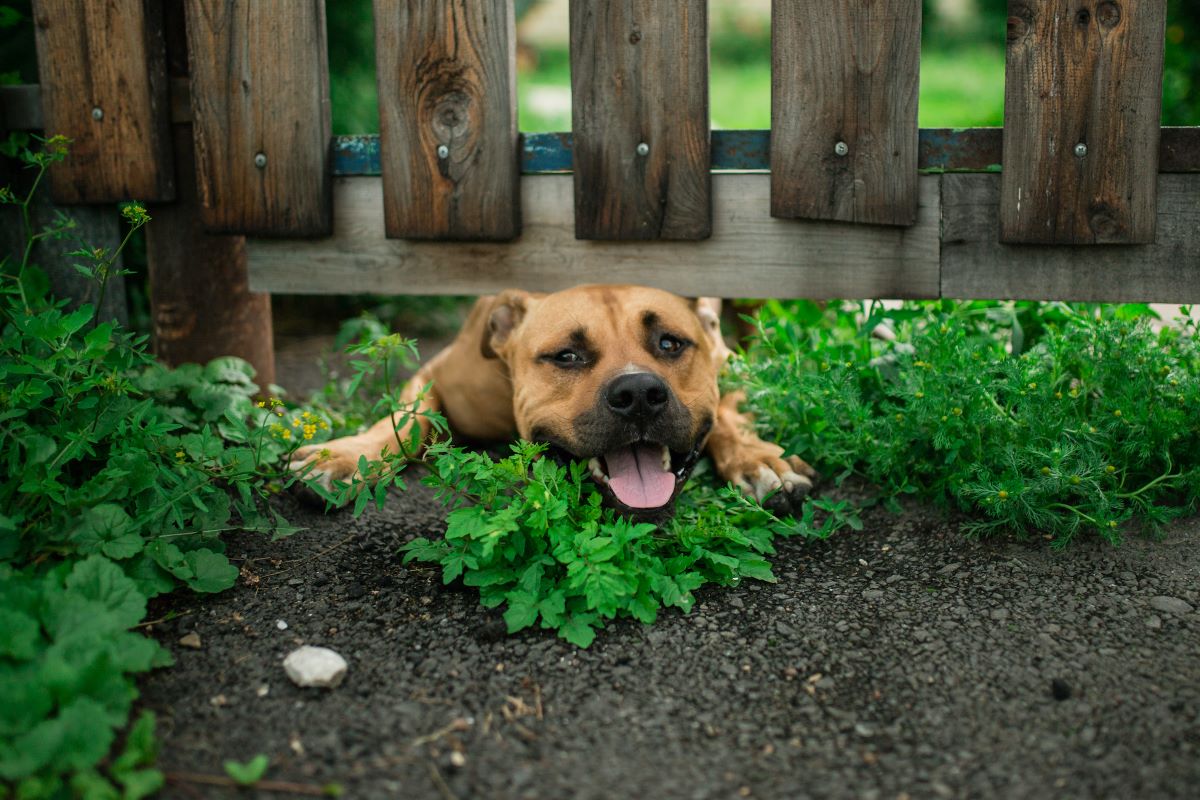
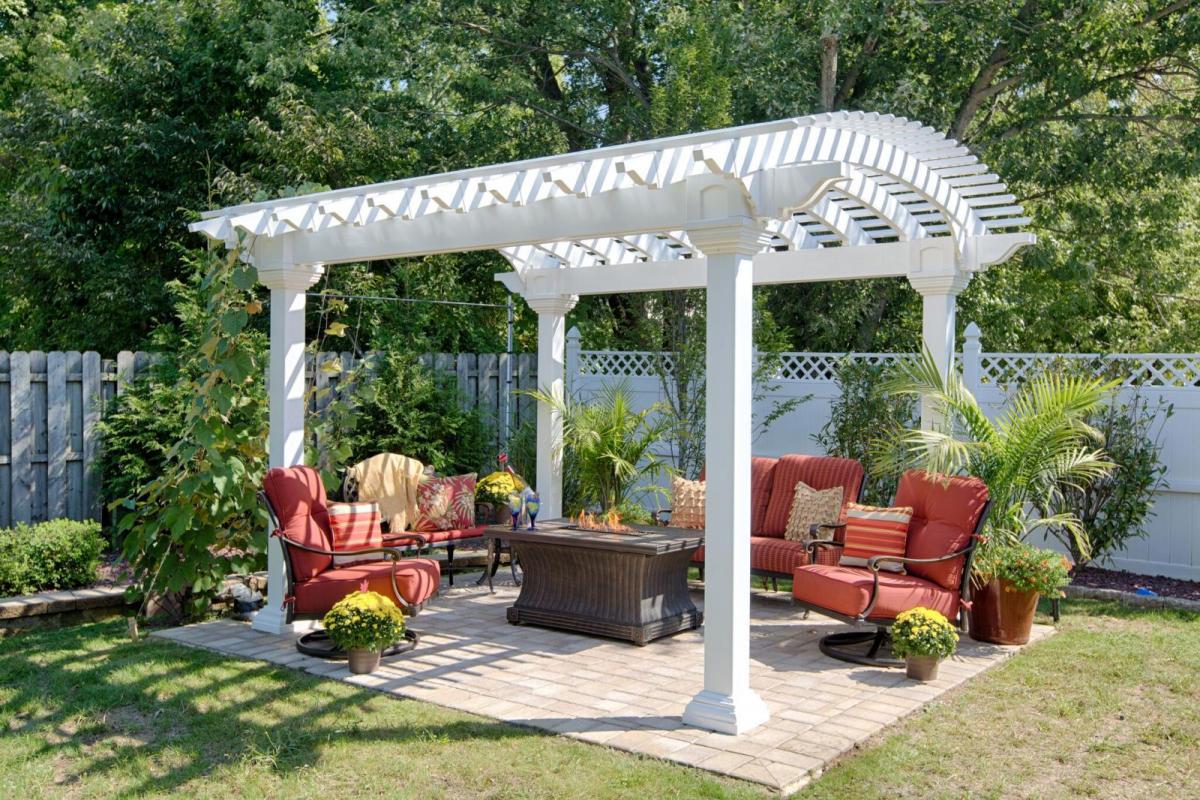
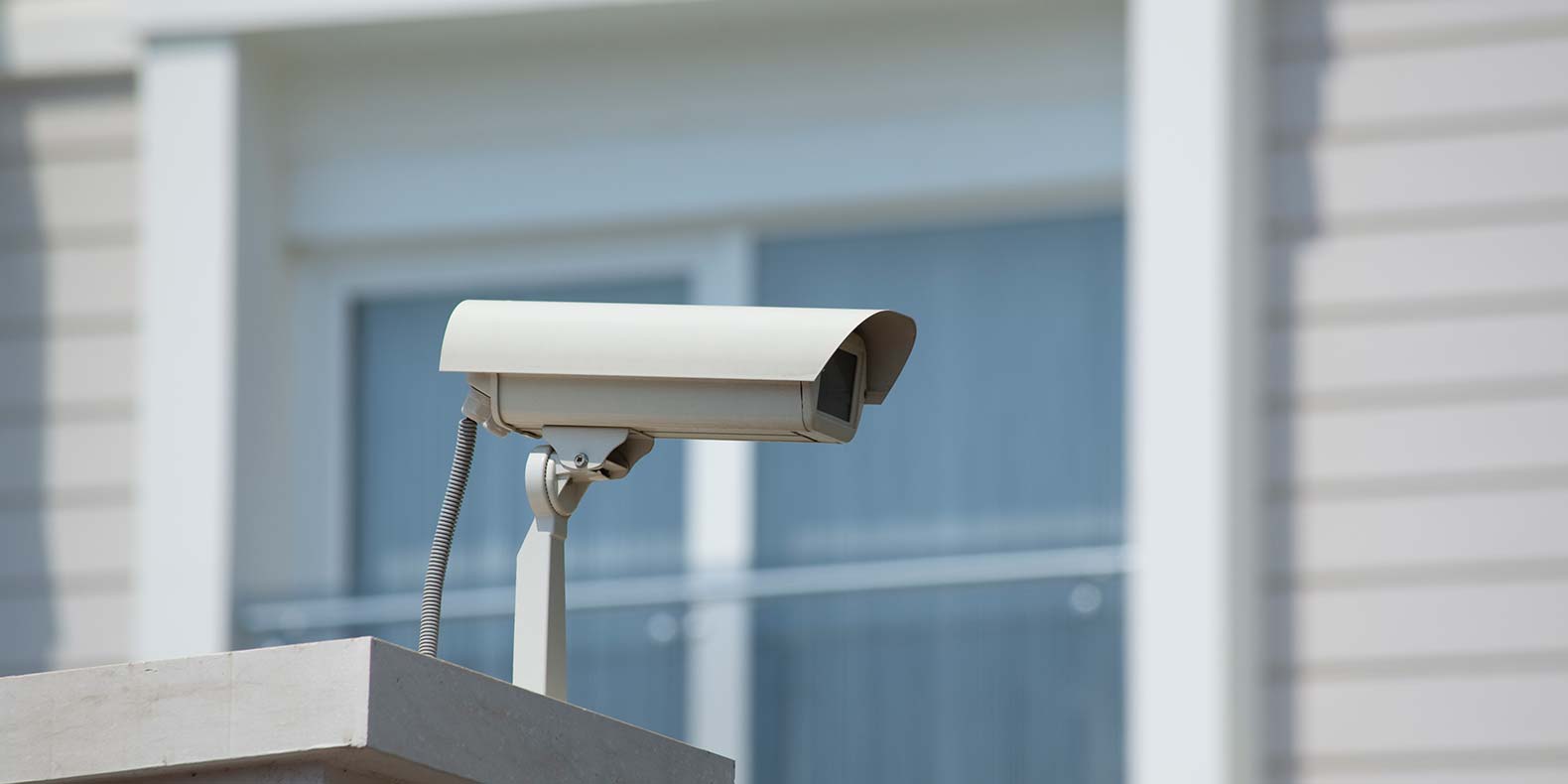
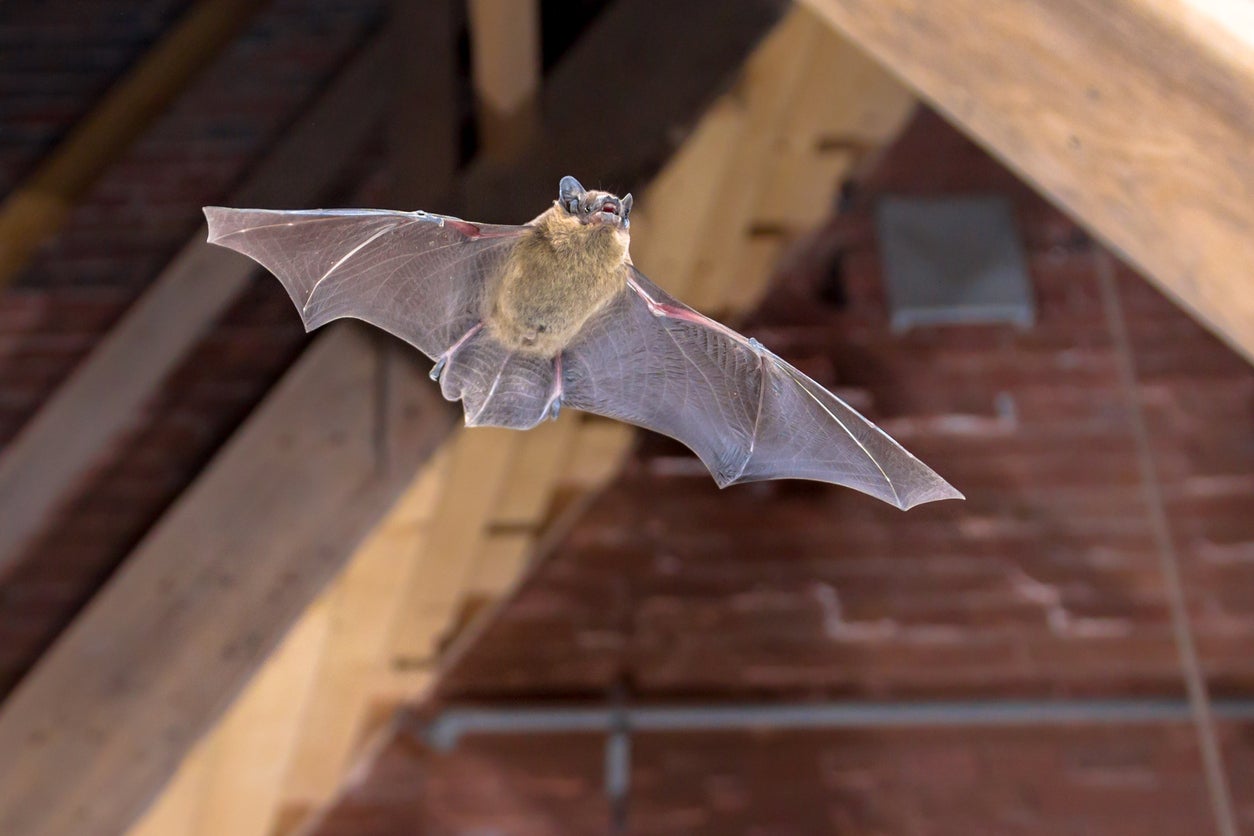
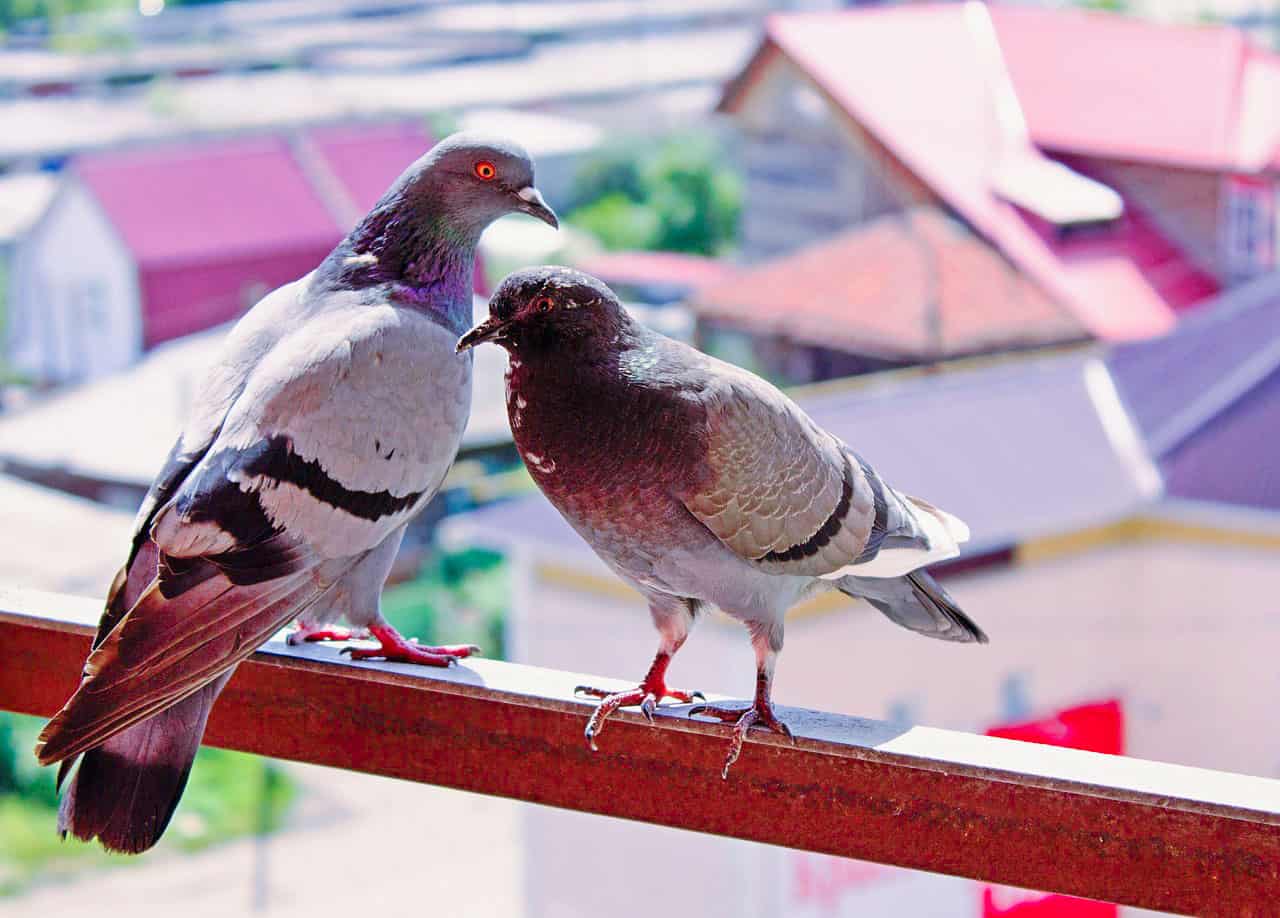
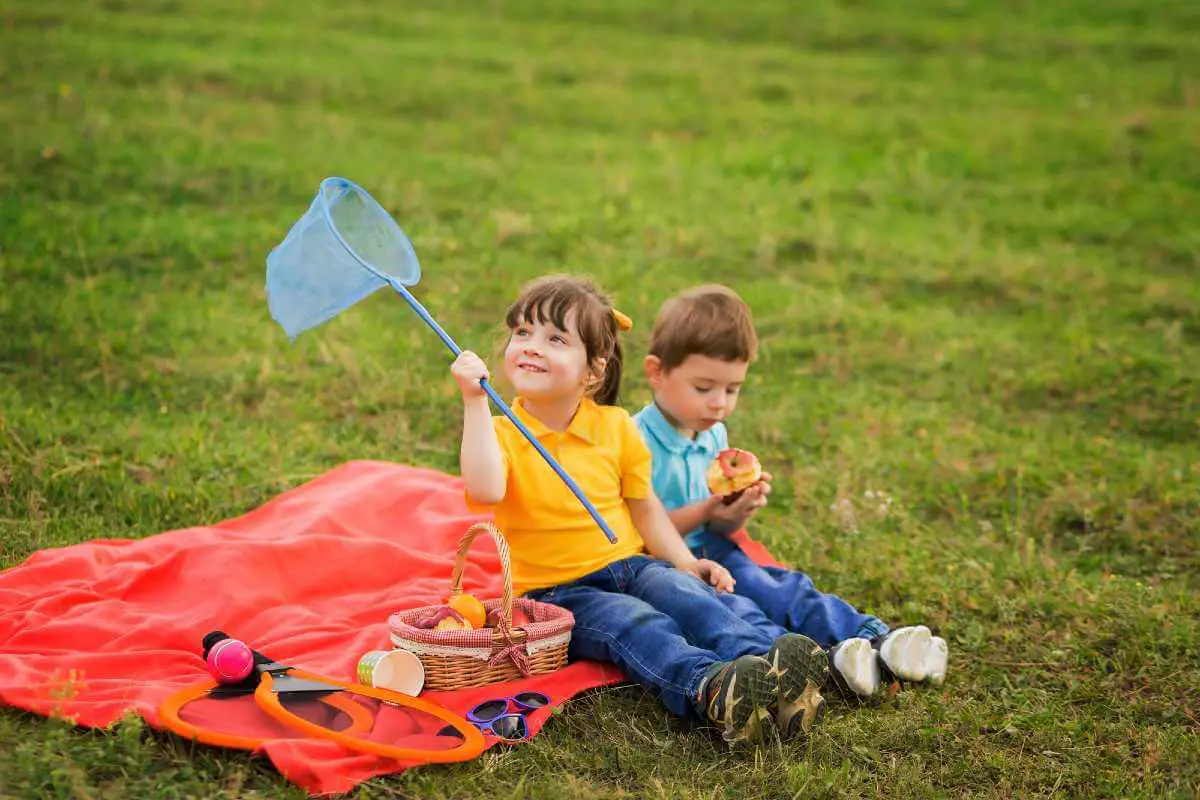
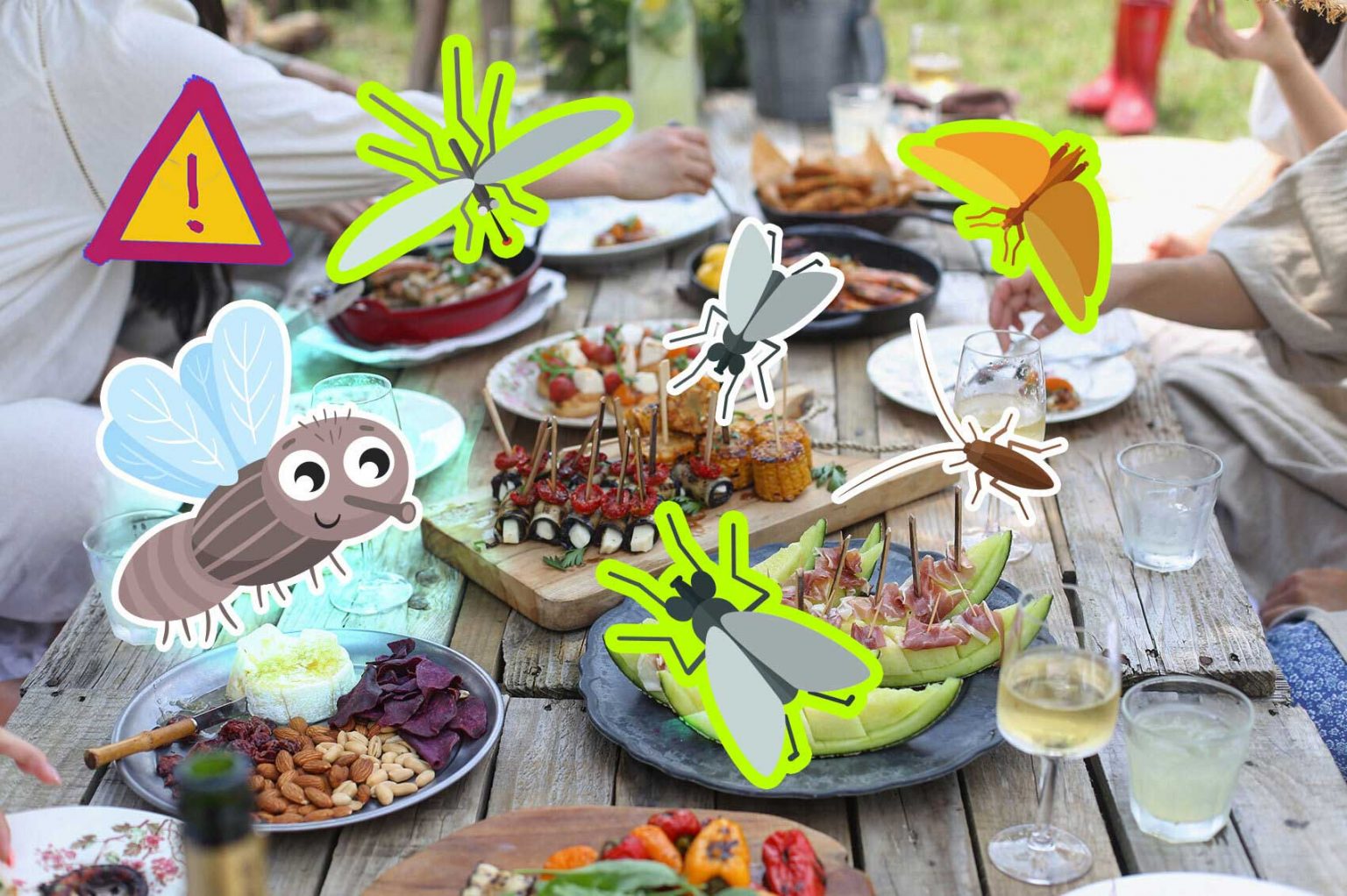

0 thoughts on “What Will Keep Wasps Away From My Patio”